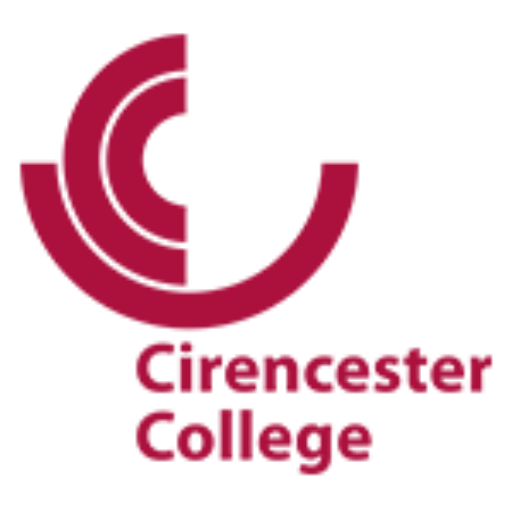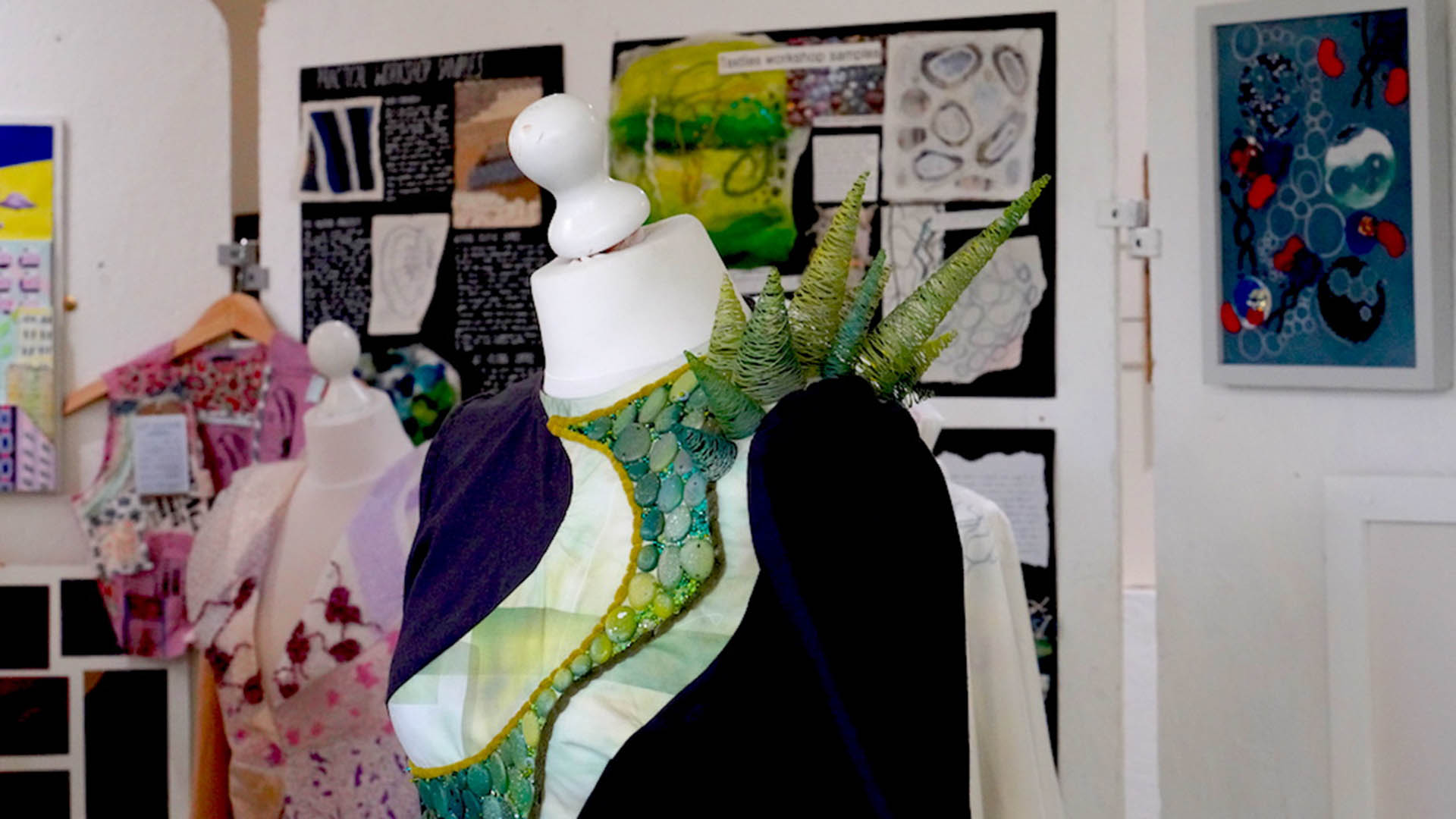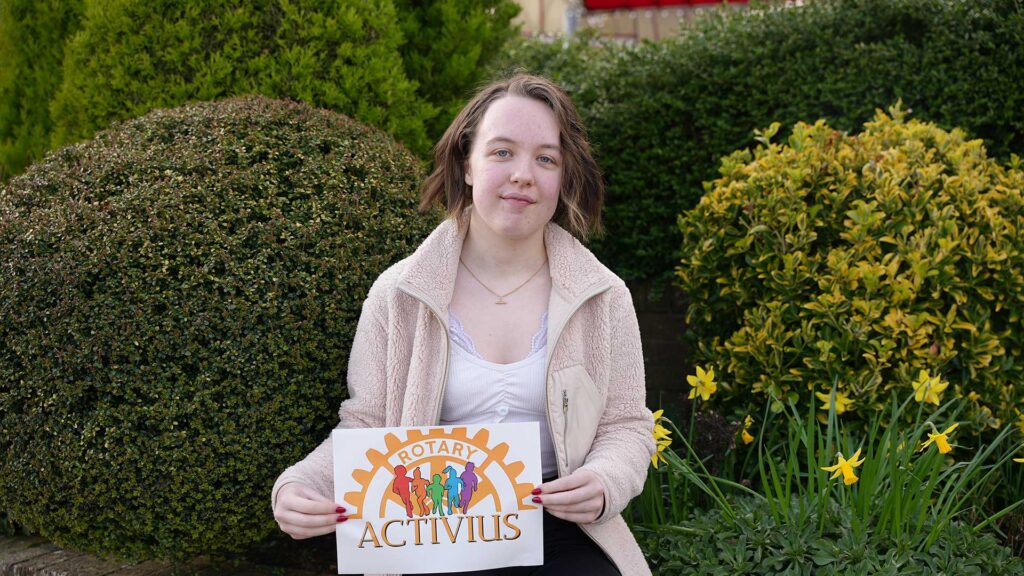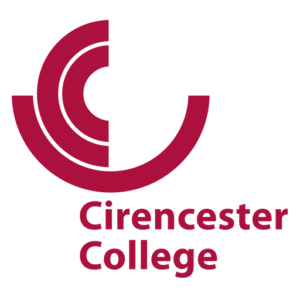DO NOT DELETE OR EDIT THIS ROW OR ITS CONTENTS

Do you have a passion for fashion or an artistic flair and love to create new and exciting designs? From 3D hand-beading and laser-cutting for appliqué, to screen-printing, this course will allow you to learn how to create textile samples and transform them into innovative final outcomes in fashion, interiors or textile art. As long as it fits in the textiles room you can make it.
What will I study in Textiles A-level?
Through a series of short projects, you will be introduced to a huge range of practical textile skills;screen-printing, felt-making, machine and hand sewing, silk painting, weaving, shibori techniques and much more. You will learn how to develop ideas from your own photographs and drawings and transform these into innovative and creative textile responses.
Entry Requirements
5+ GCSEs at Grade 4 or above, from the core subjects , including English Language and Maths. Grade 4 at GCSE or a MERIT or DISTINCTION at BTEC Level 2 in an Art or Design subject.
If you have not studied a creative visual course at GCSE, entry may also be made via portfolio/ interview. We would love to see examples of your work, so make sure you have photographs on your phone that we can have a look at to help you choose the best creative course for you.
How will I learn?
Textiles is a predominantly practical subject and you will develop the ability to independently respond creatively to a variety of visual stimuli, researching extensively and recording your observations through drawing and photography to gather a rich source of inspiration for developing your coursework. You will be introduced to a range of textile techniques and materials and then encouraged to fully explore and creatively experiment with these.
You will work mainly independently on your own individual project however, peer reviews and group critiques are a key part of how you learn to develop your confidence and projects.
How will I be assessed?
During the spring term after completion of your introductory projects, you will begin work on your Personal Investigation. An extensive self-directed major project which integrates critical, practical and theoretical work. This gives you the opportunity to develop a project based on your own chosen theme and to work with greater independence, allowing you to pursue a more extensive project which continues into the second year of the course and counts for 60% of your final mark. Throughout this major project, you will be able to work to your strengths and build on your skills and particular areas of interest, whether that be weaving with recycled plastic or digitally manipulating imagery to screen print. You will be expected to develop a variety of experimental personal responses and to complete individual finished pieces of a high quality which are supported by an exciting and artistic sketchbook that documents your exploration and development of ideas.
Following the completion of your Personal Investigation, in the second year you will begin work on the Externally Set Assignment (40%). This consists of a range of visual and written starting points that are prepared by the examining board. You will choose one of these and begin a 10-week preparatory period leading to the development of resolved final work produced in 15 hours (normally three days), under examination conditions in the textiles studio.
Any trips?
When studying Textiles A-Level, you will be able to take part in visits to galleries and exhibitions in order to gain a greater understanding of historical developments, cultural traditions, contemporary practice and the impact of new technologies within textiles. Visits in recent years have included The Victoria & Albert Museum, Hand and Lock Atelier, and the Knitting & Stitching Show. Opportunities to travel to Paris, Milan, Barcelona and the Venice Biennale have also been offered.
Are there any costs involved?
You will need to purchase a 'Material Sample Pack' (£10) and a 'Sublimation Pack' (£3.90) to get you started on the course. It is not a complete list of everything you need for the course but it is enough to see you through the introductory projects. These are sold as separate packs in reprographics.
There is also a Studio/workshop fee of £30 which covers the cost of materials and consumables that are impractical to supply through the college shop, such as screen printing inks, sublimation inks, binders etc. This fee does not entitle you to a limitless supply of materials and all students are expected to check their plans and designs before committing to materials and to minimise waste by thoughtful planning. This is payable via wisepay when you join the college.
FAQs
Yes, this is an art-based course and drawing is helpful for recording observations, exploring ideas and communicating designs. You will use this as a starting point to create your own imagery to translate into textiles. Please don't let this deter you- there are lots of creative interpretations of 'drawing' from drawing with stitches to abstract lines.
You will be required to write a 1000 word essay on artists and designers whose work has influenced your own. In addition to this, you will annotate your sketchbooks to include analysis and evaluation of your own work and the work of others.
As long as you have studied Art and/or a Design subject at GCSE and achieved at least a grade 4, you will be a suitable recruit for A-Level Textiles. If you have studied GCSE Textiles in addition, it is an added bonus!
If you intend to study any three of the following subjects: Photography, Fine Art, Textiles Graphics and 3D Design you need to be aware of the following points.
- You should be an exceptionally motivated and talented student and anticipate a career in the creative industry.
- It is not generally advisable to study three creative courses but is not prohibited.
- The workload will be extremely high with similar or identical pressure points in all courses.
- These courses share a specification (currently from EDUQAS/WJEC) and therefore have a common marks scheme and share an Externally Assessed Assignment paper.
- This could limit your career progression because your programme of study is highly focused on creative subjects and would not generally be suitable for admission to an academic degree course.
- You will need to see one of the Art and Design team before enrolment and you will need evidence of your creativity. (Digital portfolio)
Awarding Body
WJEC EDUQAS
Available As
[56 UCAS pts. available]

Add to Application
What can I do after I have taken this course?
Available As
[56 UCAS pts. available]

Add to Application

DO NOT DELETE OR EDIT THIS ROW OR ITS CONTENTS


















